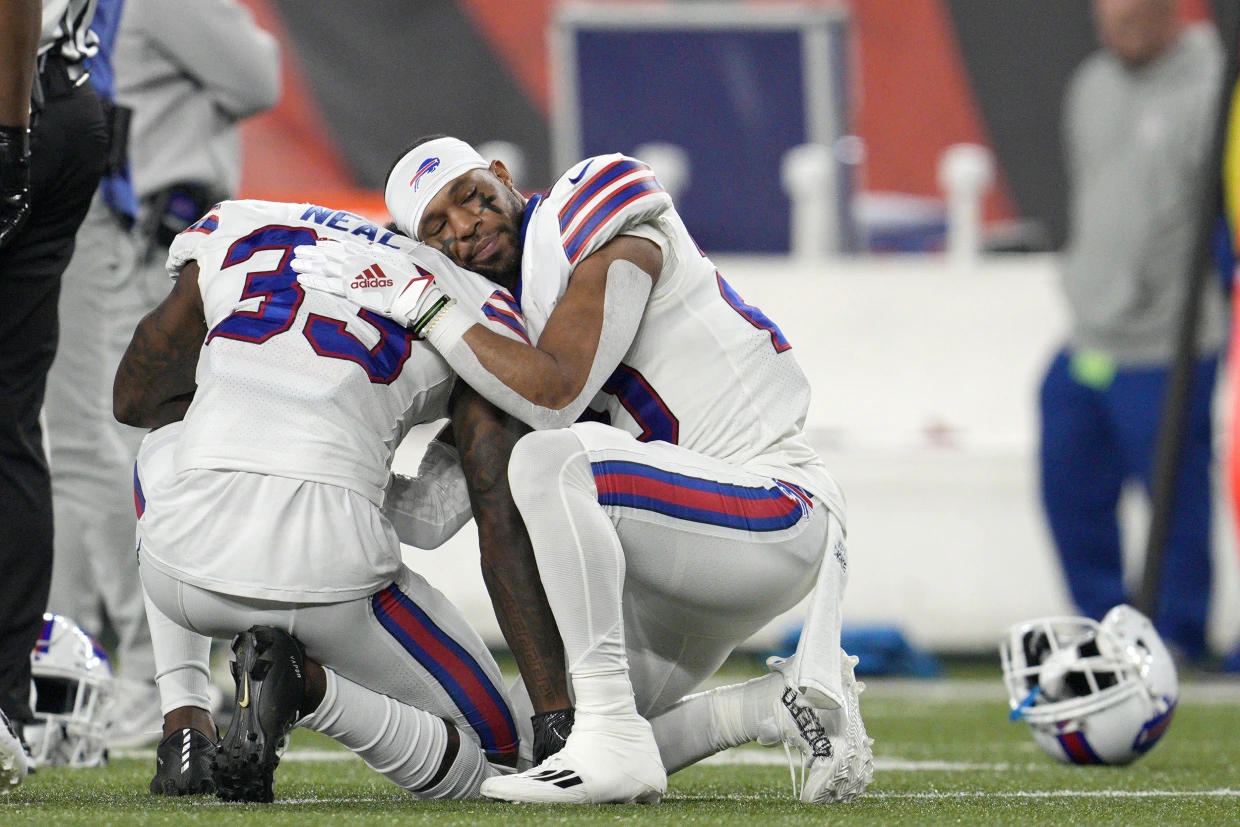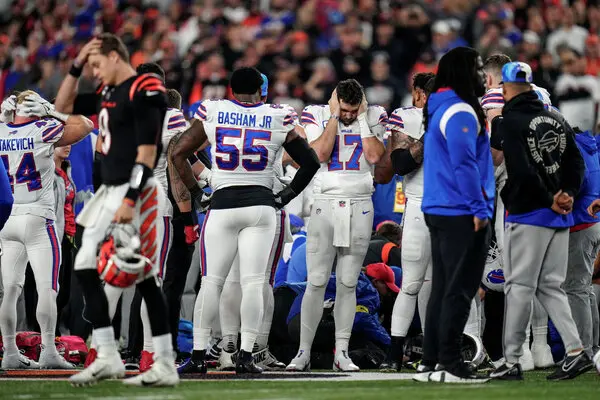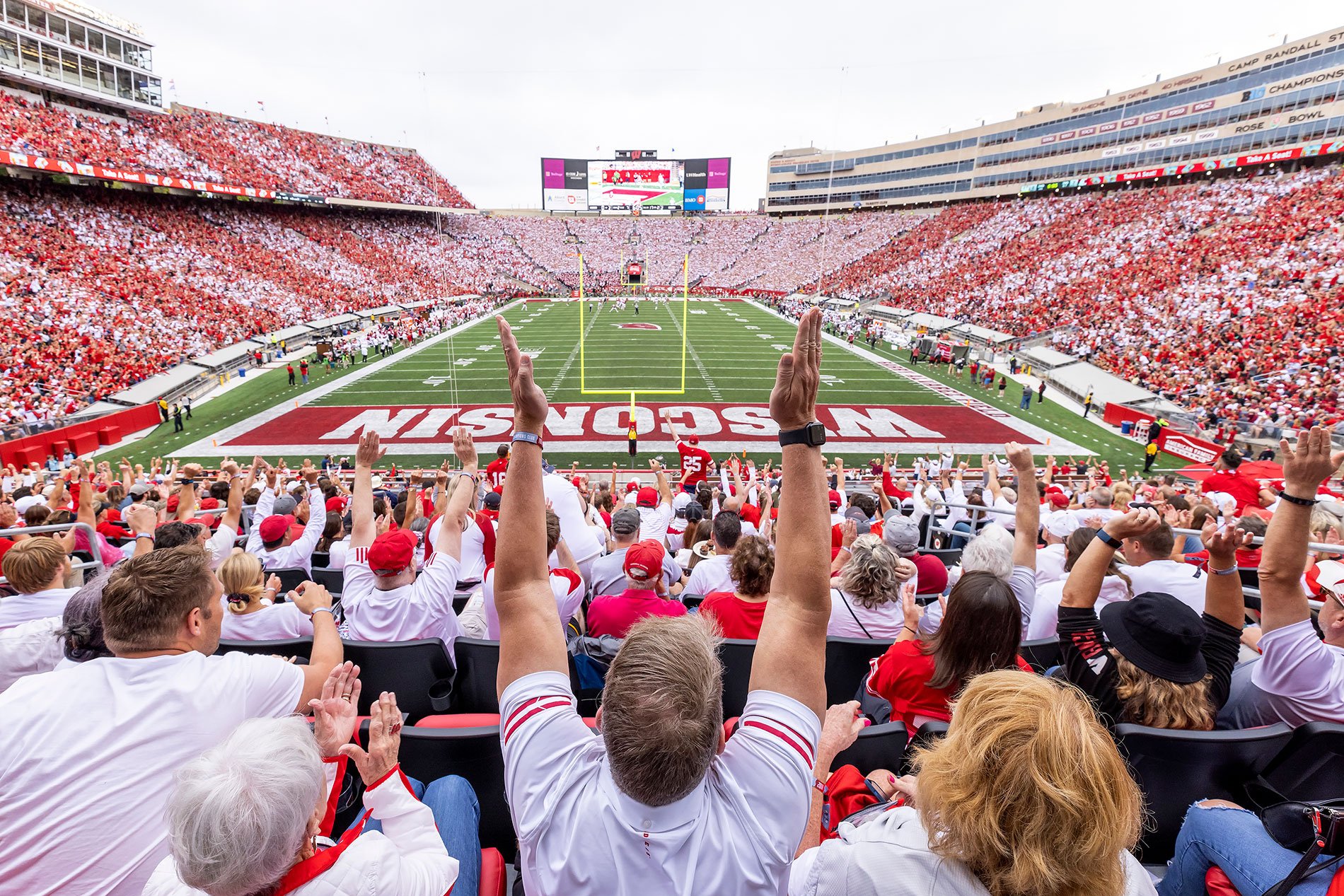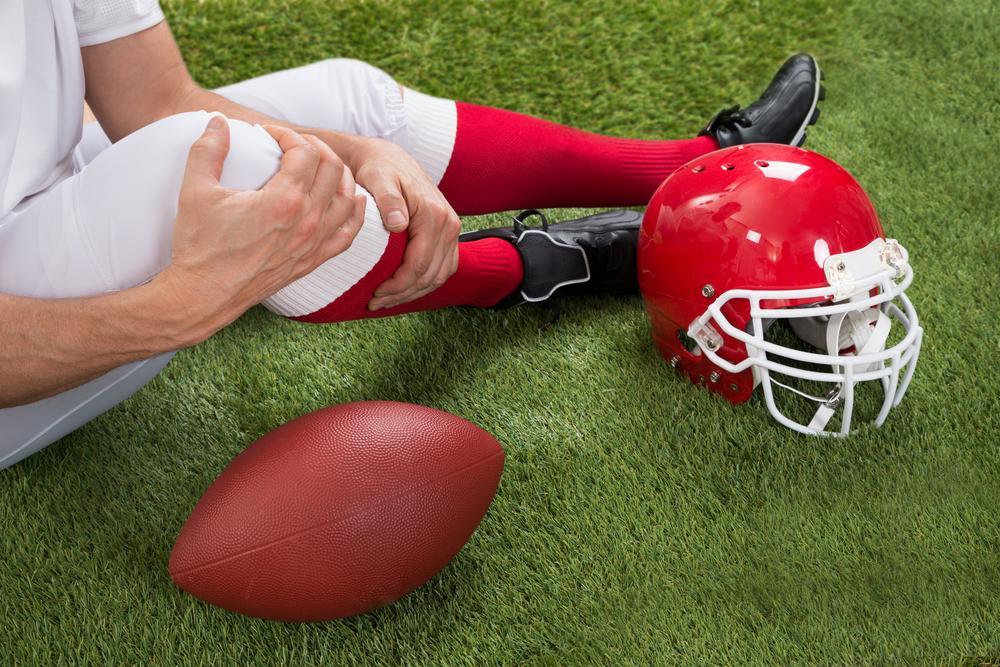In the world of sports, injuries are an unavoidable reality. Athletes, pushing their bodies to the limits of performance, often face the unfortunate consequence of sprains, strains, and even career-ending concussions. These setbacks can have a profound impact on players, affecting their physical performance, mental well-being, and overall career trajectory. In this blog post, we will delve into the intricacies of injuries and their impact on players. We will explore the physical consequences of injuries, from reduced mobility to altered movement patterns, and the mental and emotional turmoil that players face, including feelings of frustration, disappointment, and uncertainty. We will also examine the career implications of injuries, from potential contract negotiations to career-ending scenarios.

Physical Consequences
Injuries, especially those involving muscles, bones, or ligaments, can significantly hinder an athlete’s physical capabilities. Reduced mobility, diminished strength, and altered movement patterns can make it difficult for players to perform at their usual level, affecting their ability to execute plays, maintain stamina, and contribute to the team’s success. The rehabilitation process, often lengthy and challenging, requires dedication, perseverance, and unwavering determination to regain lost strength, flexibility, and range of motion.
Mental and Emotional Impact
The psychological impact of injuries can be equally, if not more, profound than the physical repercussions. Players often face emotional turmoil, grappling with feelings of frustration, disappointment, and uncertainty about their future in the sport. The fear of re-injury can create anxiety and hesitation, affecting their confidence and decision-making on the field. Moreover, the absence of the routine and camaraderie of the team can lead to feelings of isolation and loss of purpose.
Career Implications
Injuries can have a significant impact on an athlete’s career trajectory. Recurring injuries can raise concerns about long-term health and durability, potentially affecting contract negotiations and career opportunities. In severe cases, career-ending injuries can force players to abruptly retire from the sport they love. Leaving them to navigate new paths and redefine their identities outside of athletics.
Resilience and Recovery
Despite the challenges posed by injuries, athletes possess an innate resilience that enables them to overcome adversity and emerge stronger. The rehabilitation process, while physically demanding, also provides an opportunity for mental growth and self-discovery. Players develop coping mechanisms. Cultivate a positive mindset, and harness their determination to return to the field with renewed vigor.
Conclusion
In the world of sports, injuries are an inevitable reality, a reminder of the delicate balance between pushing one’s limits and respecting the body’s limitations. Players, with their unwavering dedication and indomitable spirit, face these challenges head-on, demonstrating resilience, adaptability, and a remarkable capacity for recovery. Their stories serve as a testament to the strength of the human spirit, inspiring us to embrace setbacks as opportunities for growth and emerge stronger, wiser, and more appreciative of the gift of playing the sport they love.



